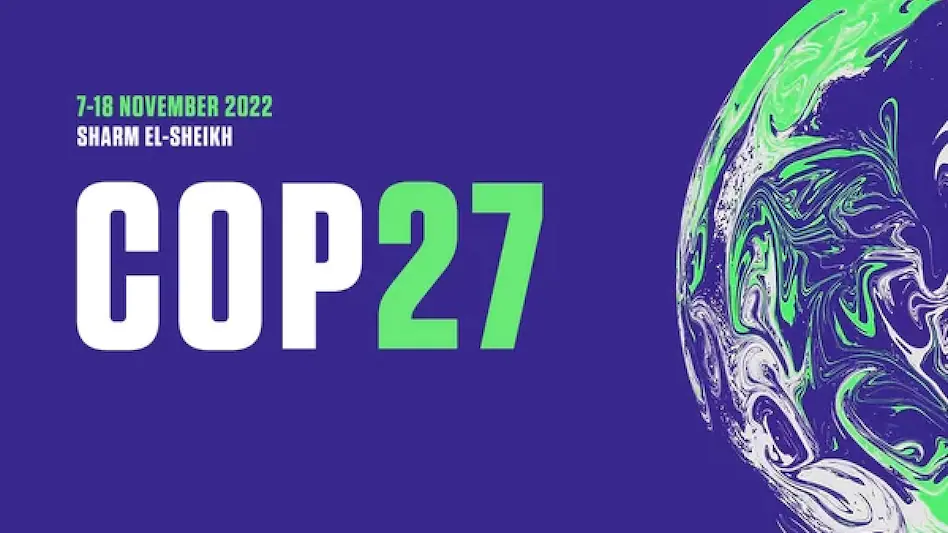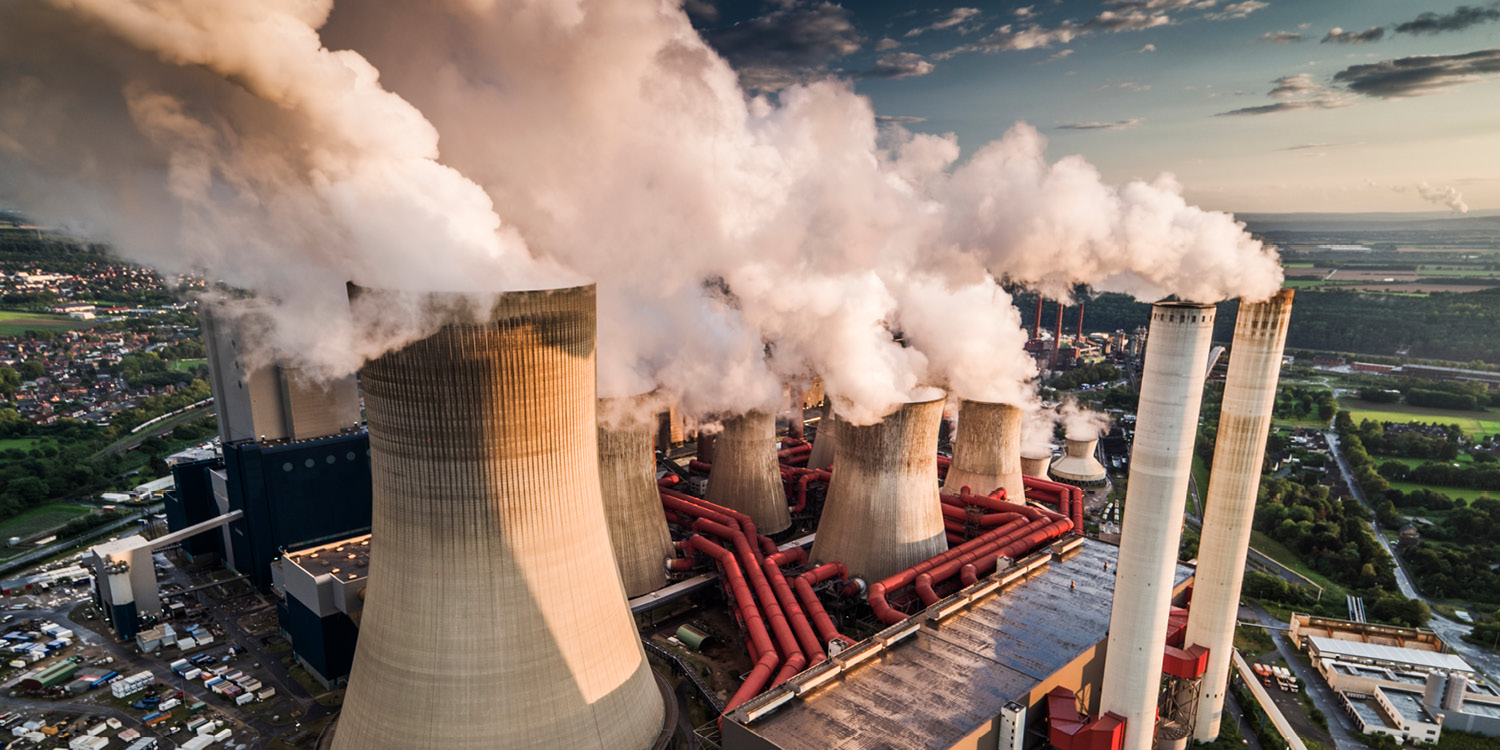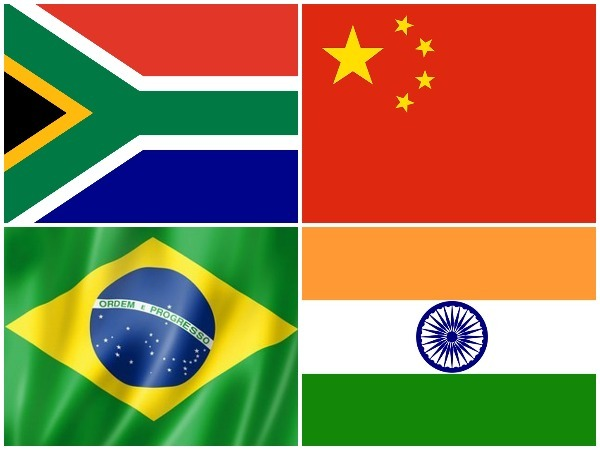BASIC countries which includes India, recently voiced their opposition to the European Union’s (EU) proposal for carbon border taxes at the 27th Conference of Parties (COP) in Sharm El Sheikh, Egypt.
A group of nations, including India, recently voiced their opposition to the European Union’s (EU) proposal for carbon border taxes at the 27th Conference of Parties (COP) in Sharm El Sheikh, Egypt. For many years, coal has been the primary fuel for all significant economies.
The majority of nations are currently working to make the switch to renewable energy, but they claim that the right to continue using fossil fuels is important in the interim.

Table of Contents
The EU Parliament had passed a resolution on March 10, 2021, to put in place first of its kind “Carbon Border Adjusted Mechanism” (CBAM). A draft proposal from June 2021 stated that goods entering the EU would be subjected to border taxes. According to the resolution, such a levy would encourage “low-carbon, resource-efficient manufacturing.”
Carbon border tax
A carbon border tax is an import levy that is dependent on the quantity of carbon emissions generated during the production of carbon-intensive goods such as steel, aluminium, cement, fertilizers and electricity. It discourages emissions by placing a price on carbon.
The European Union (EU) proposed this strategy via the “Carbon Border Adjusted Mechanism” (CBAM) in 2021 with the intention of lowering its carbon emissions by at least 55% by 2030 compared to the 1990 levels.

The website of the European Commission states as follows, “Designed in compliance with World Trade Organization (WTO) rules and other international obligations of the EU, the CBAM system will work as follows: EU importers will buy carbon certificates corresponding to the carbon price that would have been paid, had the goods been produced under the EU’s carbon pricing rules. Conversely, once a non-EU producer can show that they have already paid a price for the carbon used in the production of the imported goods in a third country, the corresponding cost can be fully deducted for the EU importer.”
Some developed nations may charge their own carbon-intensive industries exorbitant fees in an effort to reduce emissions. The EU was also concerned that businesses would avoid this by shifting their manufacturing to a nation with laxer regulations, a process known as “carbon leakage.” Therefore, they were planning to bring this policy into effect from 2026.
BASIC countries opposed carbon border tax

However, when seen from the standpoint of trade, this tax has a major effect on production and exports. Furthermore, it affects international trade relations and the market for goods and services. BASIC countries, which include Brazil, India, South Africa, China, and several other countries, have been criticising this strategy from the beginning. They claim that these policies are unfair, discriminatory and protectionist because they mostly affects those nations that relatively contribute very little to environmental pollution.
India’s opinion
The EU represents 11.1% of India’s total international trade, according to figures from the commerce ministry, and is the third-largest trading partner of India. By increasing the prices of Indian-made goods in the EU, this tax would make Indian goods less attractive for buyers and could reduce demand. Companies with a high carbon footprint would face serious issues as a result of the tax, which would also be a new source of disruption for the global trading system.
Last week Prakash Javadekar, India’s environment minister, criticised the European Union’s (EU) proposal into nations like India that lack stringent regulations for regulating industrial greenhouse gas (GHG) emissions. The developed countries that produce the majority of greenhouse gasses have been avoiding their obligations to combat climate change, while the responsibility is placed on developing countries like India but produce less GHG than other countries.
India at COP27 stated that all fossil fuels must be reduced and not just coal, on which India depends heavily. Yadav emphasised that just switching to cleaner energy sources did not need all nations to aim for the same degree of decarbonization. He asserts that for India, a just transition means a gradual transition to a low-carbon development strategy that ensures growth, employment, and the security of food and energy.
Read also : COP27: UN Climate change Conference













